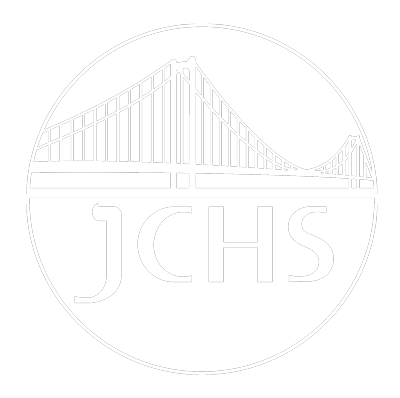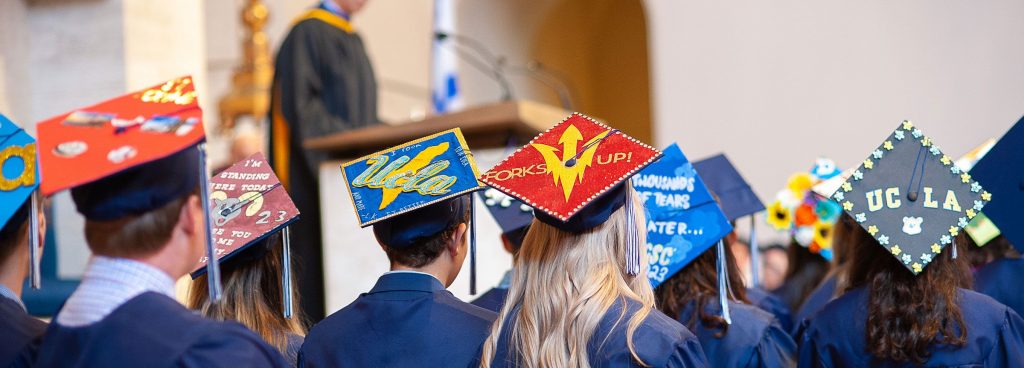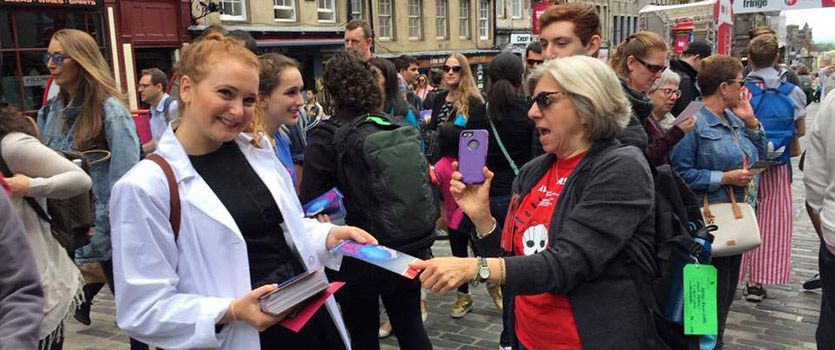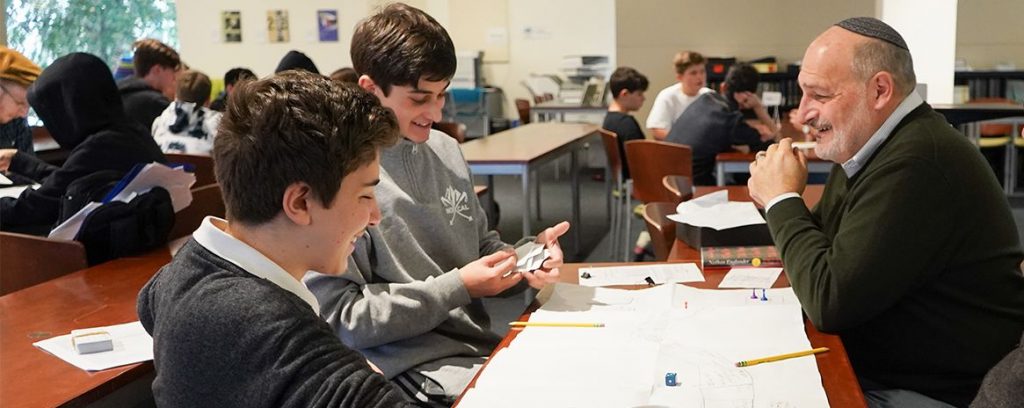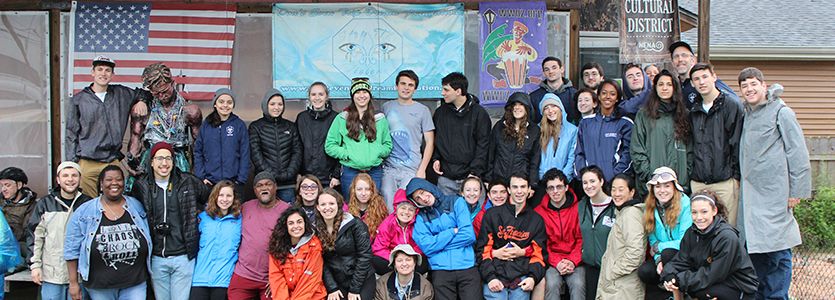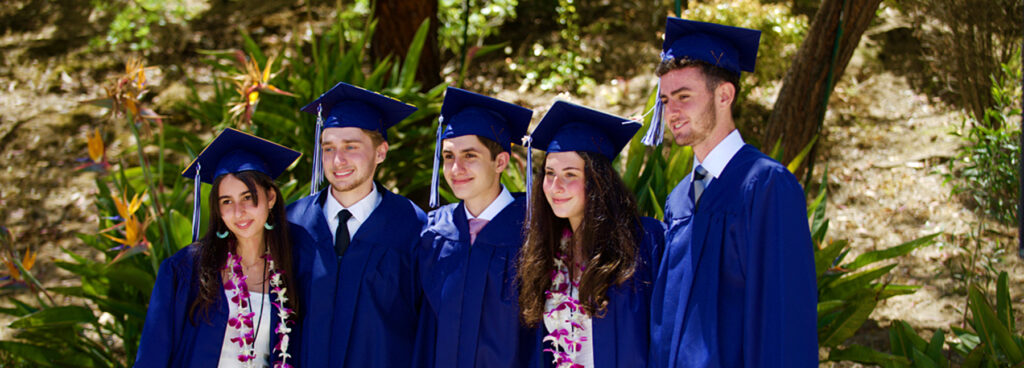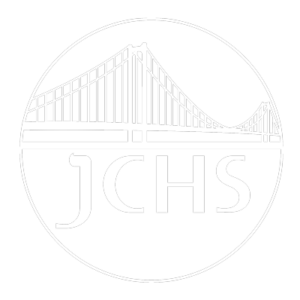by Keira Gerstley ’25, JCHS Knesset President
You can watch a recording of Keira’s D’var Torah on the JCHS Instagram.
This week’s parsha is Parshat Eikev, from the book of Deuteronomy (or D’varim), which is the last of five books of Moses. During this portion, Moses is in the midst of his very long address to the Israelites as they prepare to enter the Holy Land of Israel after 40 years in the desert. So it’s a big moment for the Jews. He recounts recent events such as the golden calf, and tells the Israelites what their experience in Israel will be should they follow G-d’s law, as well as the punishments they will face if they don’t.
Like us, the Israelites are about to embark on a journey, and the main thing going on is that they have literally no idea what to expect. In fact, at one point Moses even tells them that “the land [they] [were] about to enter and possess [was] not like the land of Egypt.” (Deut. 11:10)
Rashi (medieval French commentator) tells us that Moses said this to reassure the Israelites, because when they left Egypt they wondered whether Israel would not be as good and beautiful. But Moses says, “No, it will be better! The hills and valleys soak up the rains of heaven” and all that good stuff.
While I was reading this commentary and thinking about all the uncertainty the Israelites were feeling, I was reminded of something I heard a couple weeks ago. I was watching a video by Hank Green about social media, and he was talking about how we love to jump to conclusions when we see a post on Twitter or Instagram or whatever.
Hank ended his video by saying something that really inspired me. He said:
“If you want to have an allegiance to truth, then you have to trade in the comfort of constant certainty.” (Here at 7:20)
In other words: in order to be right about something, a lot of the time that means saying, “I don’t know.”
This, I think, is what Moses was missing. He’s trying to reassure the Israelites that their future will be better; he’s giving them the illusion of foresight. He was probably right—I bet the land of milk and honey was a lot better than Egypt. But even with the comfort of this promise, the Israelites still had to sit with that uncertainty until they actually entered the land. Because the future is not a knowable thing.
For some, this might feel like a really obvious statement. You might think, “Duh, of course we can’t predict the future.” But for others—myself included—this is actually a really important thing to be reminded of, because we live in a world that really doesn’t like to ever say, “I don’t know.”
Saying, “I don’t know” is really hard for a lot of reasons. It’s vulnerable, and it’s uncomfortable. It means surrendering to possibility—the possibility that Israel will be way better than Egypt, and also the possibility that it won’t. And it means wandering through the desert anyway.
This is why we make so many projections into the future. We make New Year’s resolutions, or we guess who we’re going to be in ten years’ time. I know all of us have ideas about what our next year is going to look like! We have expectations about our classes, our relationships, and what opportunities we’ll have. On one hand, envisioning the future is great. It gives us direction, and it gives us comfort. But this isn’t totally honest. The truth is that we have no idea where we’re going to be in ten months. If we want to be even a little bit right about what the future holds, we have to be willing to be uncertain.
So, as we move into this year together, I’m tempted to ask you to picture yourself at the end of this year. I want to ask you to identify things you think will be great, maybe some challenges you’ll face. I’m tempted to do this myself. But the truth is that there’s so much I’m unsure about. I have no idea what my senior year will be like. I have no idea what colleges I’m going to get into. And in a much broader context, we have no idea what our world is going to look like in two months, one month, or even a week. So much is changing all the time in our country, in Israel and the Middle East. That’s a really hard and scary thing to sit with.
But, at the same time, how cool is it that we get to not know things?! How cool is it that the world is so large and complex that we have literally no idea what the future will be like!?!
So, I want to challenge you all to not look into the future. As you move through these first few weeks of school, allow yourself to be unsure about what’s going to happen. Allow yourself to approach a conversation without an opinion. Allow yourself to not know the answer to every single question.
“I don’t know” is a state of curiosity. It’s a state of humility, it’s a state of growth, and it’s incredibly powerful. And I think the world would be a much better place if we could all get used to saying it a little bit more. As you say it, remember that you are surrounded by people that know just as little as you do, but are here to learn with you. JCHS is truly the perfect place to be unsure. I really believe it’s a privilege for us all to be in this space together.
I want to wish you all a wonderful first day of school, and a year of joy, connection, growth, and uncertainty. I’m so excited to not know with all of you this year.
